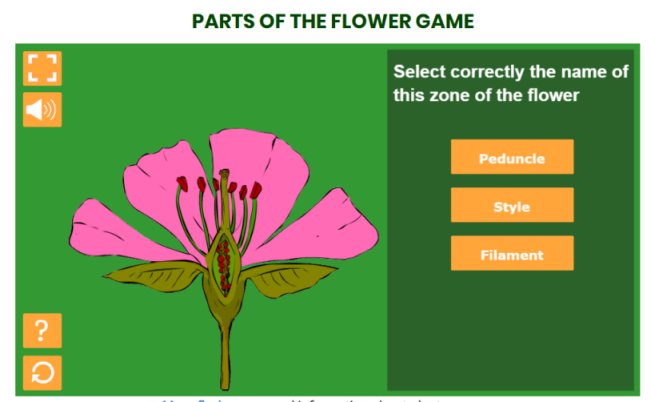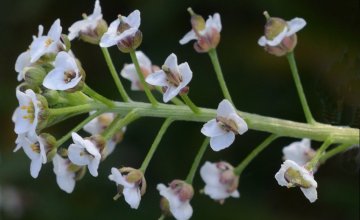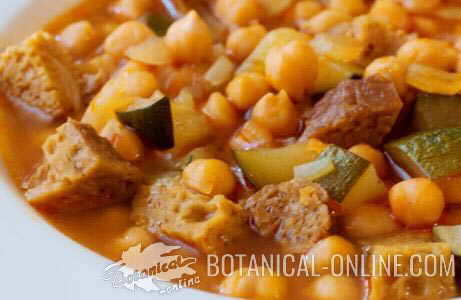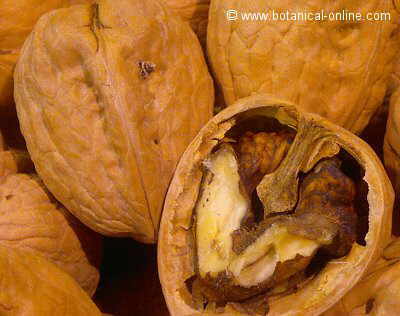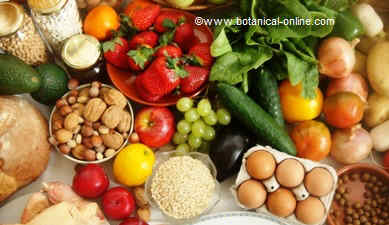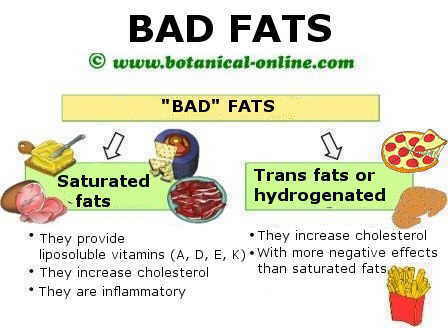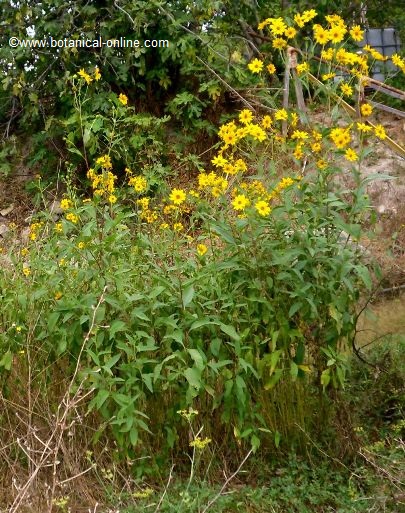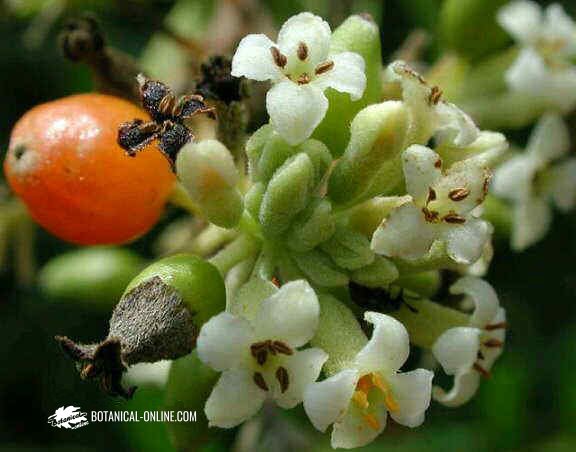Contents
Anorexia home remedies
Phytotherapy. Medicinal plants for anorexia
Given the impact that this disorder has on the patient’s overall health, it is recommended that a proper diagnosis by the specialist should be done. It is the duty of the family or friends trying to get in the affected physician’s hands, since in most cases the patient does not recognize or will not recognize their condition.
The specialist must diagnose what are the real causes of the problem. When the problem is already well established and there has been a considerable loss of body weight – about 30% of normal weight – it requires hospitalization.
Infusions for anorexia
The primary role of phytotherapy in the treatment of anorexia would focus on the use of those plants that help prevent the development of the disease or to assist the recovery of the patient.
– Tranquilizing plants to reduce anxiety associated with this disease.
– Plants that stimulate the appetite, very useful when the patient has accepted his or her disease and is predisposed to change the dieting habits.
Plants for anxiety in anorexia
Linden: (Europaea Tilia, T. platyphylos, cordata T.) One of the most used against “nerve problems” (Infusion of a spoonful of dry flowers by water glass. Take 3 or 4 glasses a day, depending on personal conditions)
Valerian: (Valerian officinalis) Against any type of nervous and depressive upheaval – palpitations, spasms, vomits, nervous exhaustion, stress, etc. (Infusion of about 15 grams by the root of the plant that has been left to rest during all night)
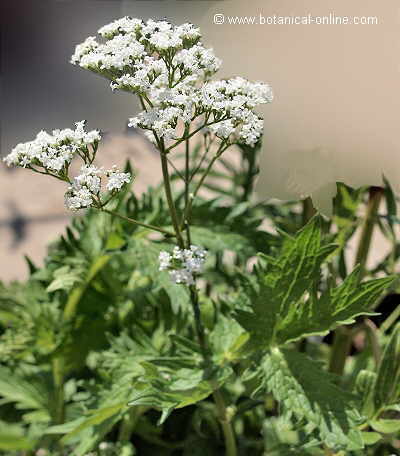
Photo of valerian
Lemon balm (Melissa officinalis) Very useful for all class of alterations of the nervous system (Infusion of a tiny amount of dry leaves in a water glass during ¼ of hour. (3 glasses per day)
Other plants against anxiety
Plants that whet the appetite (appetizing plants)
Fennel: (Foeniculum vulgare) promotes digestion, helps to expel flatulence and whets the appetite (Infusion of 20 gr. of nuts per cup of water. Drink two cups per day) (If loss of appetite, have a cup of infusion half hour before meals)
Anise: (Pimpinella anisum) Anise digestion stimulates the appetite to be getting adequate loss of appetite or anorexia. (Infusion of half a teaspoon of nuts per cup of water. Take a couple of cups a day)
Mustard (Brassica nigra) Take half a teaspoon (approximately 10 seeds) of mustard seeds with a glass of warm milk 15 minutes before the meal. Treatment with mustard is irritating and prolonged use is not recommended. It is recommended to consult other Phytotherapy to increase appetite when making long treatments.
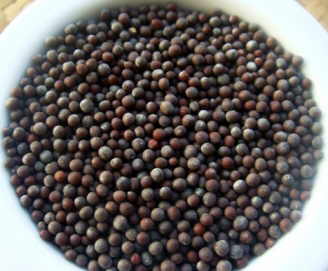
Photo of black mustard seeds (Brassica nigra)
Fenugreek (Trigonella foenum-graecum) fenugreek is a complementary supplement to treat anemic, anorexic and inappetent people. This spice stimulates the digestive process and it is used as an overall body strengthener. Besides, its nutritional richness in protein, carbohydrates and fats, stimulates digestion (increases digestive secretions of the pancreas) (extracts containing 1.3 mg standards. of trigonelline by 1ml. extract. Effective daily dose of such supplement is 3.9 mg. trigonelline daily. In this case, the dosage is as follows: 1ml. (approx. 20 drops) of extract three times daily. Do not exceed 4ml daily . Children under 6 years old should not exceed 1 ml. day (5 drops, 3 times a day). Children under 12 should take half the adult dosage.)
Watercress (Nasturtium officinale) Watercress, as other aromatic plants, contain stimulating principles of the appetite. Its action is due both to the presence of zinc and the sulfur glycoside gluconasturtiin that stimulates the gastrointestinal mucosa leading to increased gastric secretions which increases appetite.
Eating fresh watercress salad will help anorexics or patients with little appetite to have more appetite. We must not forget, however, that watercress should be eaten in moderation, since an excess of this plant can stimulate too much irritating the stomach. I has also be eaten with a lot of wisdom by those who, by nature, have sensitive or too acidic stomachs.
Cinnamon: (Cinnamomum zeylanicum) (Infusion of a spoonful of cinnamon shredded per liter of water. Drink two glasses a day half hour before meals)
Cascara sagrada (Rhamnus purshiana) Because of its cholagogue properties, cascara preparations have been used to whet the appetite
Clove: (Eugenia Caryophyllata) the clove, like cinnamon, stimulates digestion getting an appetite, be appropriate in cases of loss of appetite or anorexia. (A couple of drops of oil of cloves dissolved in a glass of water, sweetened with honey half hour before eating)
Juniper (Juniperus communis) the antianorexic properties come from their zinc content, whereas their bitter components increase the gastric acid production,whetting the appetite and facilitating the digestion. (Maceration of 50 g of dry berries in a liter of dry white wine during a pair of weeks. Drink a glass before meals)
Caper (Capparis spinosa) the pickled fruits have appetitive properties.
Cress, (Lepidium sativum, L latifolium,) the tender leaves are edible and and have appetitive, antiscorbutic and diuretic properties. (It is not indicated with goiter)
Dandelion (Taraxacum officinale) In addition to its diuretic properties, dandelion is an edible wild plant with outstanding very appetizing properties, when taken in combination with other vegetables or wild plants in salads. The flower buds before opening, and dressed in vinegar, are delicious and are also open appetite.
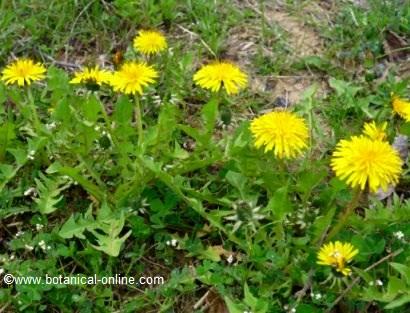
Photo of dandelion
Gentian (Gentiana lutea) Macerate 15 g of dried flowers and 15 gr. bitter orange peel in a litter of white wine for 10 days. Filter and drink a little cup before meals. (Do not administer with gastrointestinal problems, while nursing or during pregnancy)
Watercress (Nasturtium officinale) the tender leaves in salads. (Not indicated in gastrointestinal and kidney problems)
Currant (Ribes rubrum) the fruits of this plant, the currants, eaten before the meals whet the appetite.
Coriander (Coriandrum sativum L.) It is stimulating,reason why it must be used when the individual presents problems of lack of appetite, even in more serious pathologies like anorexy. (A pair of small cups of the infusion of a tiny amount of fruits by water glass per day, before the meals)
Cumin: (Cuminum cyminum) Infusion of a tiny amount of seeds by water cup.
Savory: (Satureja montana) olives prepared with savory stimulate the appetite. You can buy them already prepared or prepare them at home. (Dip a twig with leaves of savory with olives in water. Change the water and test the olives until they achieve the desired bitterness. Finally, you add salt to water. (Not recommended during pregnancy or nursing period, in children, epileptic or Parkinson‘s patients)
Parsley: (Petroselinum crispum) It favors digestion and contributes to expel flatulence and it whets the appetite. (In case of lack of appetite, take a cup of the infusion half and hour before the meals)
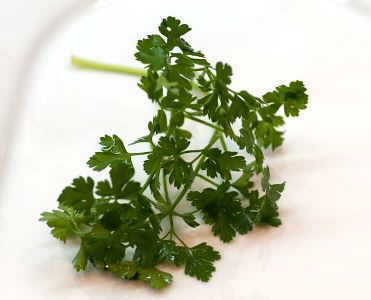
Photo of parsley
Samphire (Crithmum maritimum) Besides whetting the appetite, tender leaves, used in salads, turn out to be digestive and vitamin, very useful to avoid scurvy.
Iceland moss (Cetraria islandica) the preparations of this plant can be used to increase hunger in people no appetite or anorexia. (Decoction of dried plant one teaspoon per cup of water. Take 2-3 cups daily)
Angelica (Angelica archangelica) Decoction during 10 minutes of two spoonfuls by dry roots in a liter of water. Let it rest during 30 minutes and take one glass before each meal.
Carrot (Daucus carota) Grated raw carrot with a squeeze of lemon as a starter in foods.
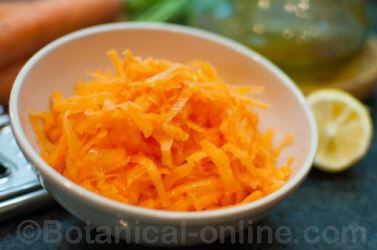
Grated carrot with lemon
Bugle (Ajuga iva) Infusion of a teaspoon per cup of water. Take a glass one quarter of an hour before eating. (Do not take with gastrointestinal problems)
Germander (Teucrium chamaedrys) Marinate 30 grams of dried flowers in a generous pint of white wine for 10 days. Filter and have a drink before meals.
Salsify (Tragopogon porrifolius) It is an edible wild plant whose roots help to remove water from the body and whet the appetite. You can eat in any way: raw in salads, fried potatoes, etc.
Teasel (Dipcasus fullonum) In addition to increasing the sweat and its diuretic properties, it stimulates the appetite. (Three cups a day before meals with the infusion of 30 gr. Root per liter of water. Pour water over the root and let stand 15 minutes)
Blessed Thistle (Cnicus benedictus) Marinate 30 gr. plant in a generous pint of white wine for 10 days. Filter and have a drink before meals. (It may cause allergic reactions)
Chicory (Cichorium intybus)Chicory is a very appropriate stomach tonic that stimulates the production of gastric juices so that it helps with digestion and appetite (Decoction of 30 gr. crushed dried root per liter of water. A small cup before eat)
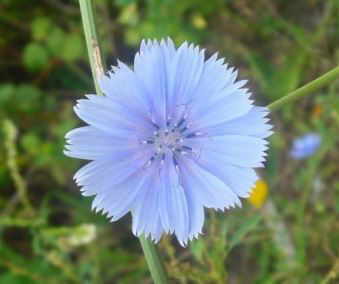
Chicory flower
Water clover (Menyanthes trifoliata) Marinate 30 gr. of dry leaves in a quart-bodied white wine for 10 days. Filter and have a small cup of it before meals.
Wormwood (Artemisia absinthium) The main virtues of this plant are its digestive properties and its ability to whet the appetite. Prolonged use or higher doses than allowed are toxic and can cause seizures. Do not use during pregnancy or lactation or in patients with problems of poor digestion. (Infusion of 30 gr. of flowering tops in one liter of water for 15 minutes. A bowl before three main meals as an aperitif or after meals as a digestive.)
Scabious/Marine Scabious (Knautia arvensis, Scabiosa marina) Infusion of a spoonful of dried plant per cup of water. Take a cup 10 minutes before meals.
Yarrow (Achillea millefolium) Bitter principles give it digestive properties and are suitable for indigestion, stomach burning, vomiting, and also to “open the appetite” in clear cases of lack of appetite. It is very appropriate to mix of camomile and yarrow tincture (4 drops a day before three main meals).
![]() More information on anorexy and its natural treatment.
More information on anorexy and its natural treatment.

